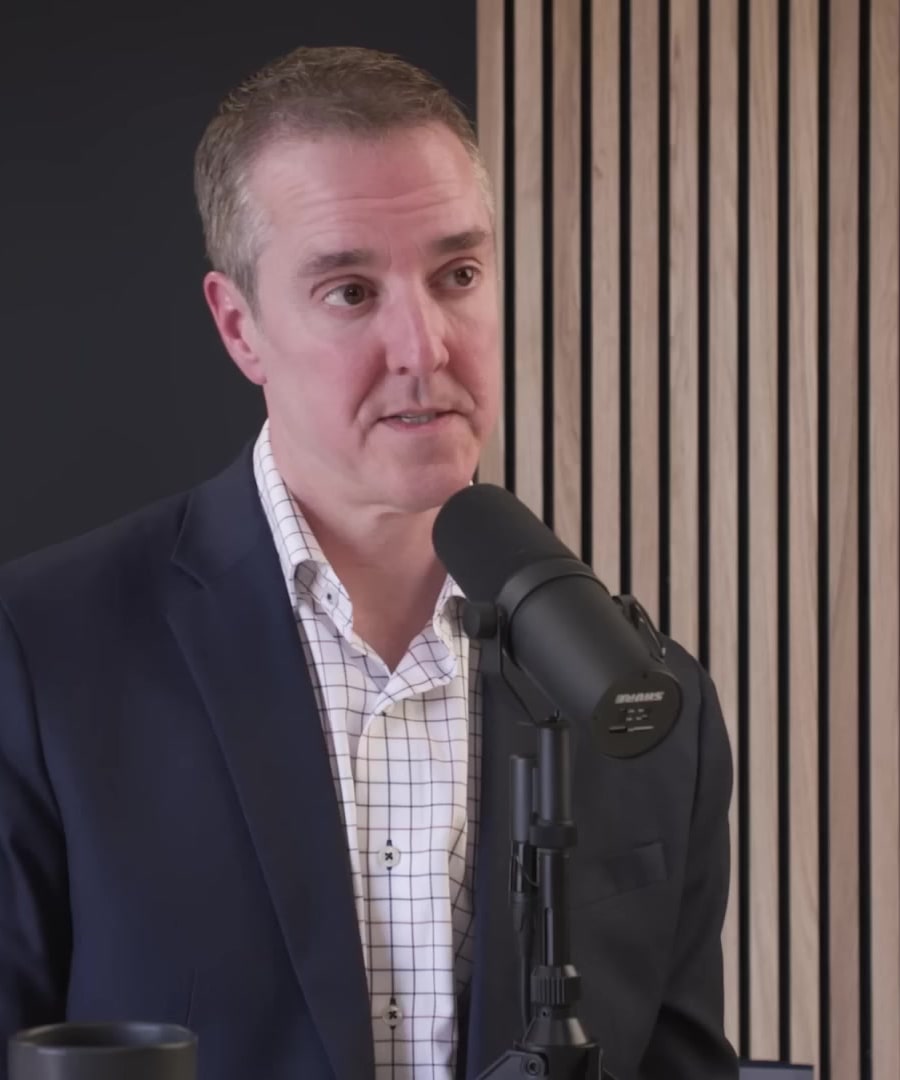What is autophagy?
Sources:
Autophagy is a natural cellular process where the body breaks down and recycles damaged or unnecessary cellular components. During autophagy, cells clear away defective proteins and organelles, which are then degraded and reused. This process is essential for cellular maintenance and health.
Fasting, calorie restriction, and fasting-mimicking diets can all stimulate autophagy. When the body is in a fasting state or experiences nutrient scarcity, it amplifies the autophagic process, leading to a higher turnover of cell components. This enhanced autophagy is linked to potential health benefits such as longevity and disease prevention 1.
In the broader context, autophagy involves not only the breakdown of cellular parts but also their replacement. During autophagy, damaged or unneeded proteins are removed so they can be replaced by properly functioning proteins 2. This process is essential for various bodily functions, including immune system regulation and overall protein turnover 2.
Autophagy occurs mainly during sleep, although it can also be triggered during waking hours by fasting or a subcaloric diet. These conditions enhance the body's natural process of cleaning up and disposing of injured or sick cells 3. It also plays a role in the balance between cell growth and repair, with fasting favoring cellular repair and clearance through autophagic processes 4.
Understanding autophagy is critical due to its implications for health and disease, including how it relates to cancer development and treatment 5 6. Cancer cells, for example, can manipulate autophagy for their survival 7.
RELATED QUESTIONS






